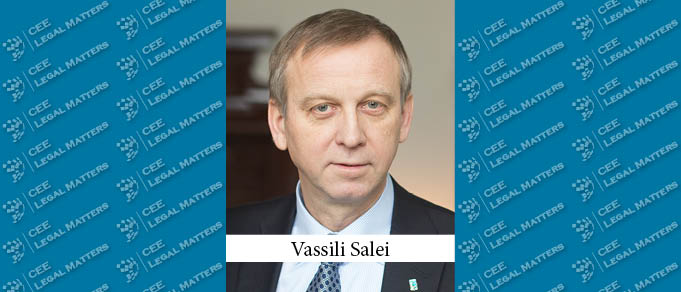With political issues and economic sanctions being an everyday norm, Belarus finds itself in a bit of a pickle, according to Borovtsov & Salei Partner Vassili Salei.
“No major political developments to report,” Salei begins. “Since the last Presidential elections that took place in August of 2020, the Government has continued to press civil society and public institutions heavily,” he says, adding that the election itself is widely considered in Belarus to have been illegal and falsified. “And not just the people – the Western world has similar opinions – it just was not right.”
Salei reports that a number of “non-governmental organizations were liquidated by local authorities and courts” and that “more than 35,000 citizens passed through the courts and were sentenced to criminal or administrative punishment.” He adds that more than 600 individuals were recognized as “political prisoners as well, as the situation has started becoming more and more severe.”
As for legislative updates, Salei says that “all effective changes that were adopted or are under discussion have but one goal – to give the state more control over any business of note.” Also, he says the legislative efforts of the government aim to introduce tax increases and make businesses more and more dependent on the state. “Criminal and administrative legislation has also become more severe, penalties and fines have increased, and court practice is very strict – as a rule, the maximum punishment is passed almost all of the time,” Salei reports.
Belarus is currently still under sanctions – by the US, Canada, and the UK – and Salei reports that more are to be expected in the near future, perhaps almost as early as the “end of October. Our main trade partner, Russia, completely ignores these sanctions and continues to provide financial support as well, in the shape of loans and budget transfers,” Salei says. As for other major Belarus export goods, such as forestry products, tractors, or refined oil, Salei says that they are all “either under sanctions, or are expected to be, by the end of the year.”
Still, even with the grim status quo, the Belarus economy has grown in the first half of 2021 – by 3.3%. “The current predictions of the World Bank have us at minus 2.7% for the end of the year, with our Government believing we will have a 1.8% growth, and some other financial institutions holding us at plus 1%.” It remains to be seen how the Eastern European country will fare by year’s end and into 2022.
